MS-PS1-2
Analyze and interpret data on the properties of substances before and after the substances interact to determine if a chemical reaction has occurred.
-
 Chemistry
ChemistryGasp! At the movies, your breaths reveal your emotions
Researchers took air samples as they screened movies. What people exhaled were linked to film scenes’ emotional tone, they found.
-
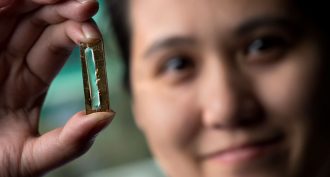 Materials Science
Materials ScienceNanowires could lead to super-long-lived battery
Scientists have long been looking for ways to make rechargeable batteries that last forever. They now may be close. Their solution: gel-dipped nanowires.
By Lela Nargi -
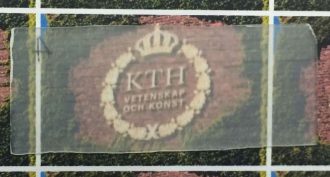 Tech
TechHow to make window ‘glass’ from wood
Scientists have come up with a way to make wood transparent. The new material could be used in everything from windows to packaging.
By Sid Perkins -
 Brain
BrainMales and females respond to head hits differently
Men and women are playing sports equally — and getting concussions in comparable numbers. But how their brains respond may differ greatly.
-
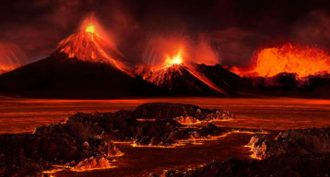 Fossils
FossilsClues to the Great Dying
Millions of years ago, nearly all life on Earth vanished. Scientists are now starting to figure out what happened.
By Beth Geiger -
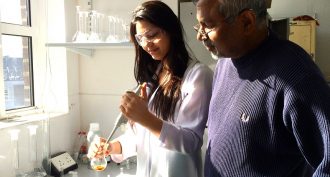 Chemistry
ChemistryHow sweat might make you smell sweeter
A new scent-delivery system ensures that the more you sweat, the more perfume it releases. In fact, it only works in contact with moisture.
-
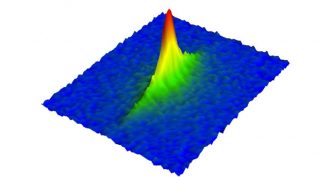 Physics
PhysicsNews Brief: Brrrrr — that’s really cold!
These atoms approached — and got oh so very close — to absolute zero.
By Andrew Grant -
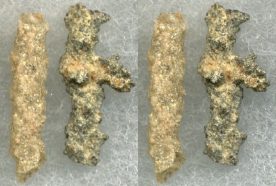 Chemistry
ChemistryScientists Say: Fulgurite
When lightning strikes in the right place, it can fuse minerals together in a glassy structure.
-
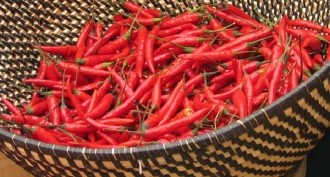 Health & Medicine
Health & MedicineHow hot peppers can soothe pain
Peppers can burn the tongue, but soothe sore tissues. Scientists have now sleuthed out how, and the answer shows a role for stretch sensors on cells.
-
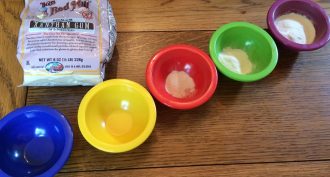
Cookie Science 13: The deal with gluten
To find out how to improve my gluten-free cookies, I learned a lot about what gluten does, and what other baking ingredients might take its place.
-
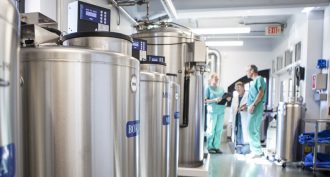 Agriculture
AgricultureExplainer: What is a gene bank?
Most banks store money. But some very special ones store deposits that may prove even more valuable: tissues that could prevent the extinction of breeds and species.
-
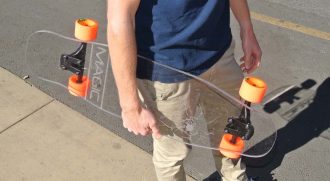 Chemistry
ChemistryChemistry: Green and clean
“Green” means environmentally friendly and sustainable. Green chemistry creates products and processes that are safer and cleaner — from the start.